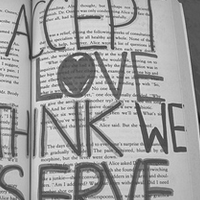Featured Article
alternative, evaluation, goals, lessons, life, metrics, values
As regular readers know, I’m all about setting goals and working toward big projects over time. When you have a big goal, especially one with a clear end point, it’s easy to know when you’ve achieved it. But most big goals take time, and—as I’ve been learning—our lives consist of more than just a series of work-oriented projects that occupy our time.
No, to truly define success, we need to think of both these long-term goals
and the actions we take every day. We also need to ensure our lives are in proper order. The challenge lies in the middle: how do we accomplish all of this?
Therefore, it may be more helpful to create an alternative method of evaluating ourselves as we go along. Here are seven different ideas to consider.
 1. At the end of the day, ask yourself, “Did today matter?”
1. At the end of the day, ask yourself, “Did today matter?”
Sure, you could spend a long time thinking back on your to-do list and reviewing your calendar. And what were all those emails about? But when you ask yourself this question, chances are you’ll know the answer intuitively.
Did today matter? If so, great. Do more things like it tomorrow. Can't remember anything in particular that made a difference? Well, better change it up.
Before you hit the ground running, take a few moments in meditation or thoughtfulness to decide what you’d like to see happen by the end of the day. Again, be sure to prioritize: it would be great to make a ton of progress on
everything, but you probably won’t. What's most important? What is realistic to achieve?
Read More




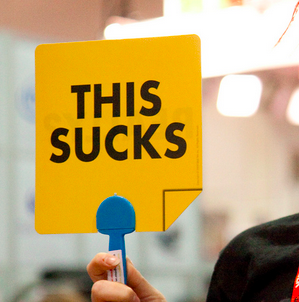

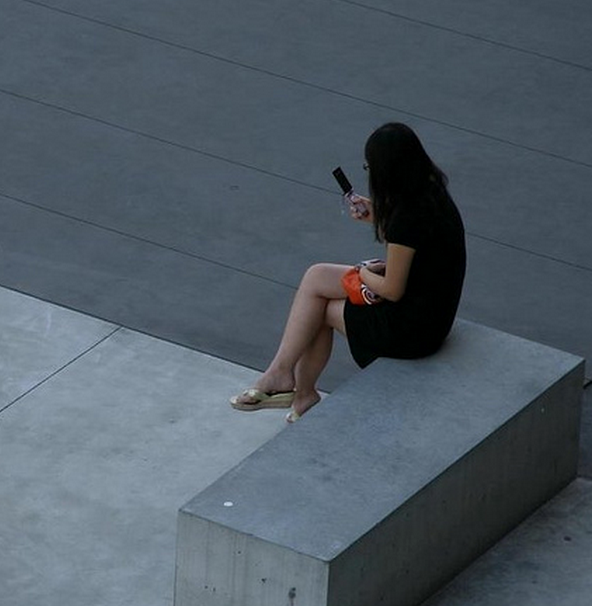










 Electricity requires coordination.
Electricity requires coordination.
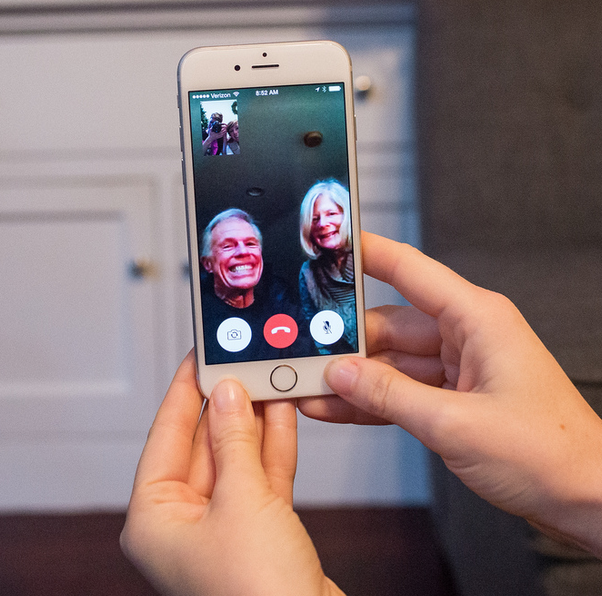





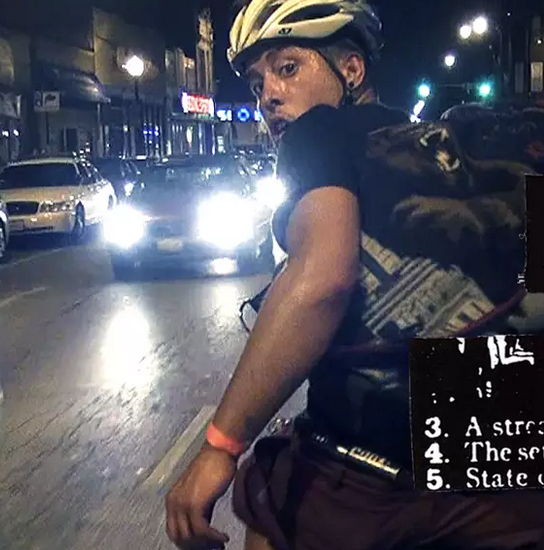

 1. At the end of the day, ask yourself, “Did today matter?”
Sure, you could spend a long time thinking back on your to-do list and reviewing your calendar. And what were all those emails about? But when you ask yourself this question, chances are you’ll know the answer intuitively.
Did today matter? If so, great. Do more things like it tomorrow. Can't remember anything in particular that made a difference? Well, better change it up.
Before you hit the ground running, take a few moments in meditation or thoughtfulness to decide what you’d like to see happen by the end of the day. Again, be sure to prioritize: it would be great to make a ton of progress on everything, but you probably won’t. What's most important? What is realistic to achieve?
1. At the end of the day, ask yourself, “Did today matter?”
Sure, you could spend a long time thinking back on your to-do list and reviewing your calendar. And what were all those emails about? But when you ask yourself this question, chances are you’ll know the answer intuitively.
Did today matter? If so, great. Do more things like it tomorrow. Can't remember anything in particular that made a difference? Well, better change it up.
Before you hit the ground running, take a few moments in meditation or thoughtfulness to decide what you’d like to see happen by the end of the day. Again, be sure to prioritize: it would be great to make a ton of progress on everything, but you probably won’t. What's most important? What is realistic to achieve?
